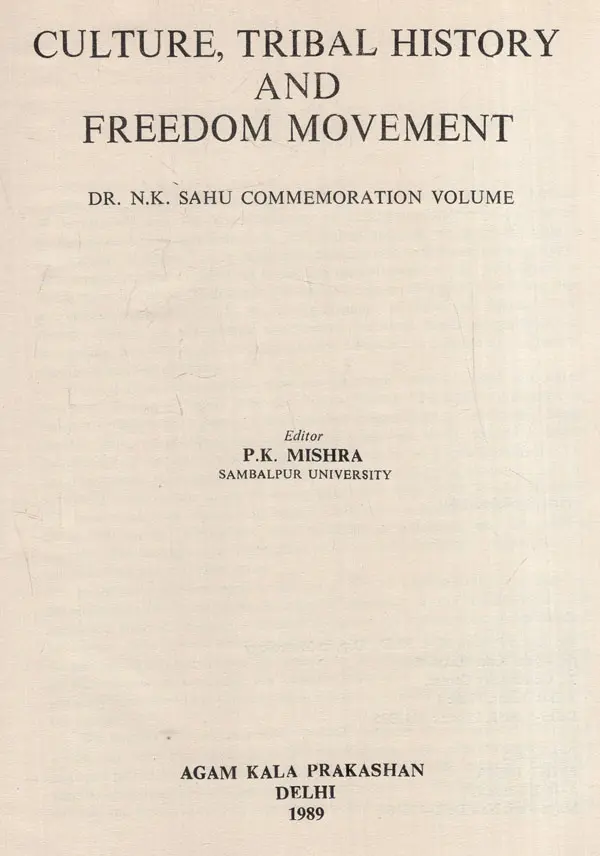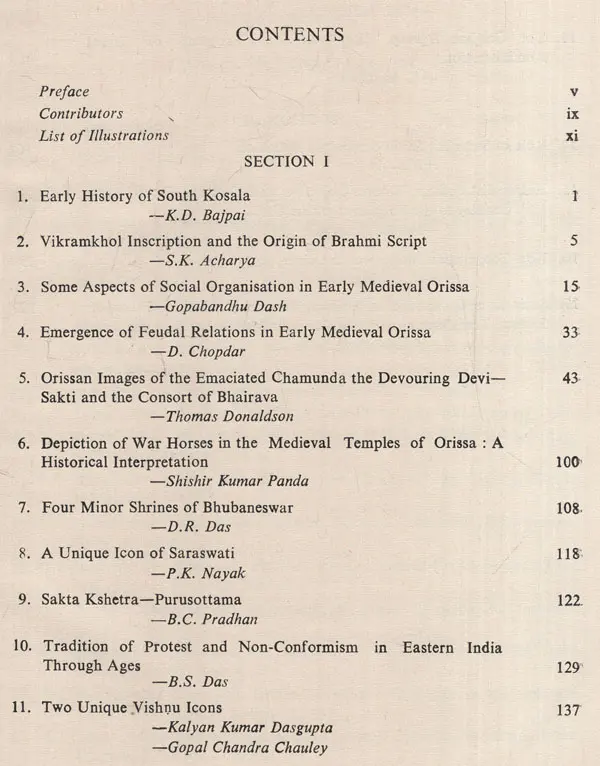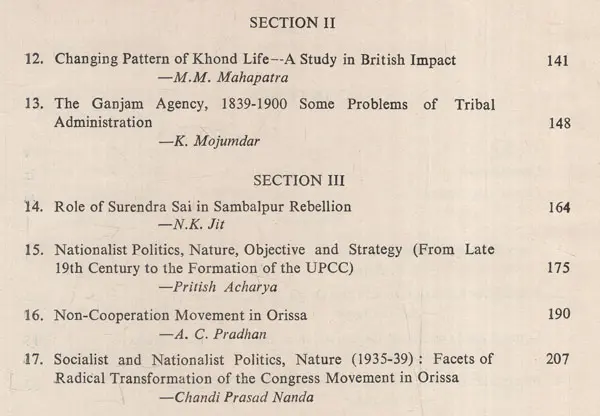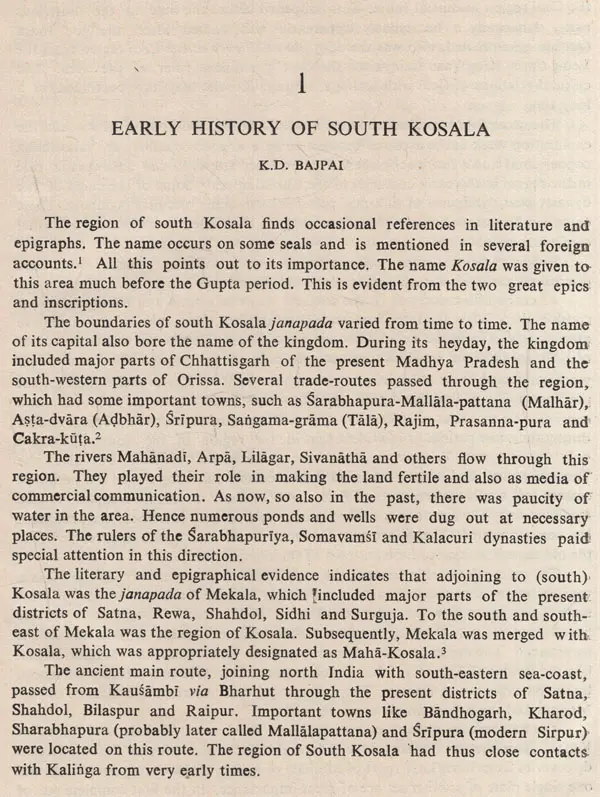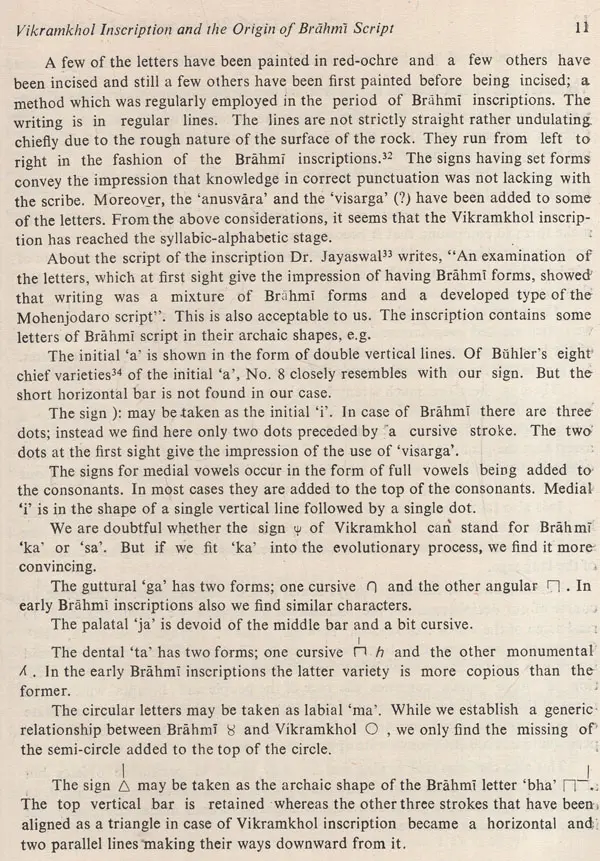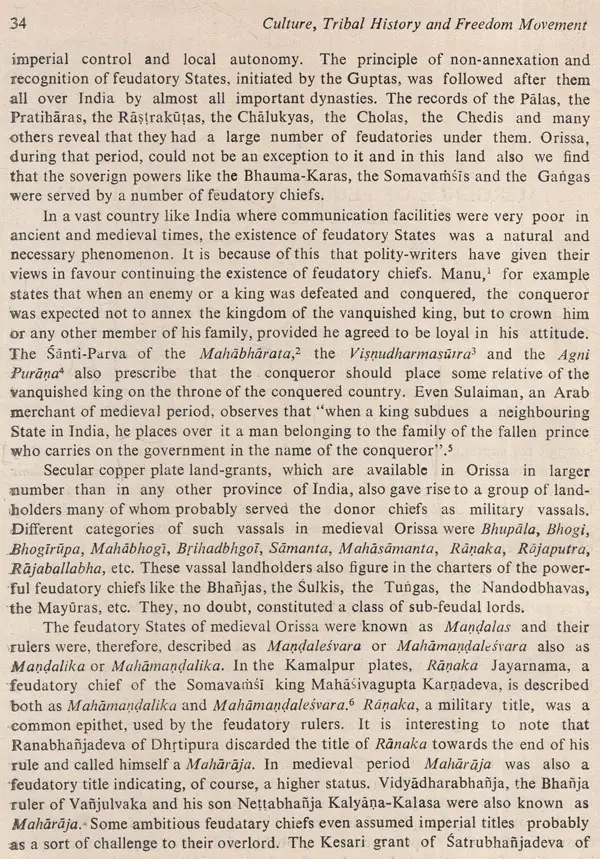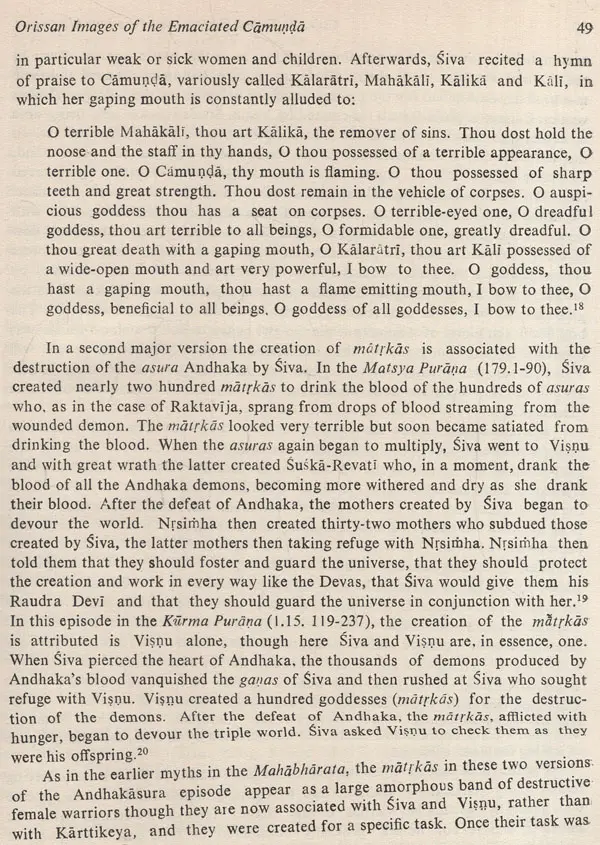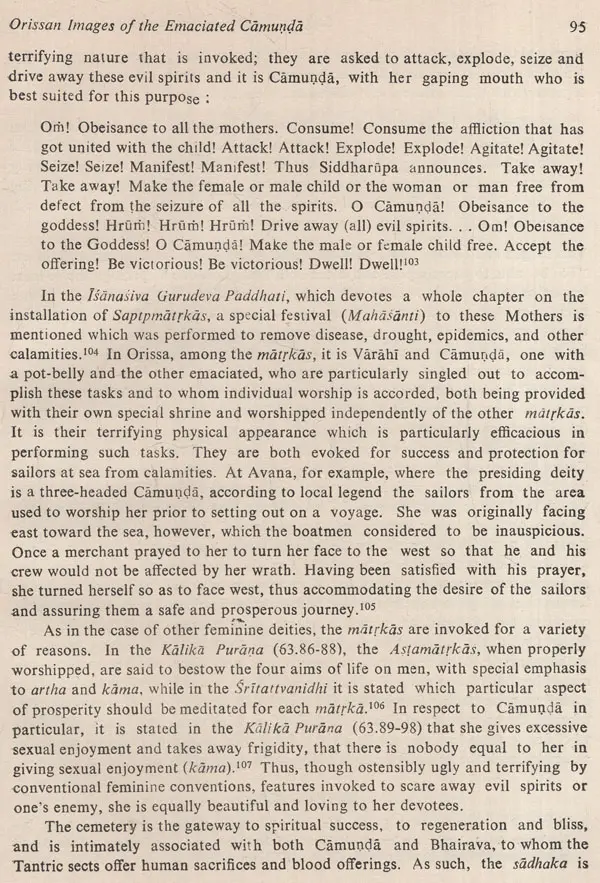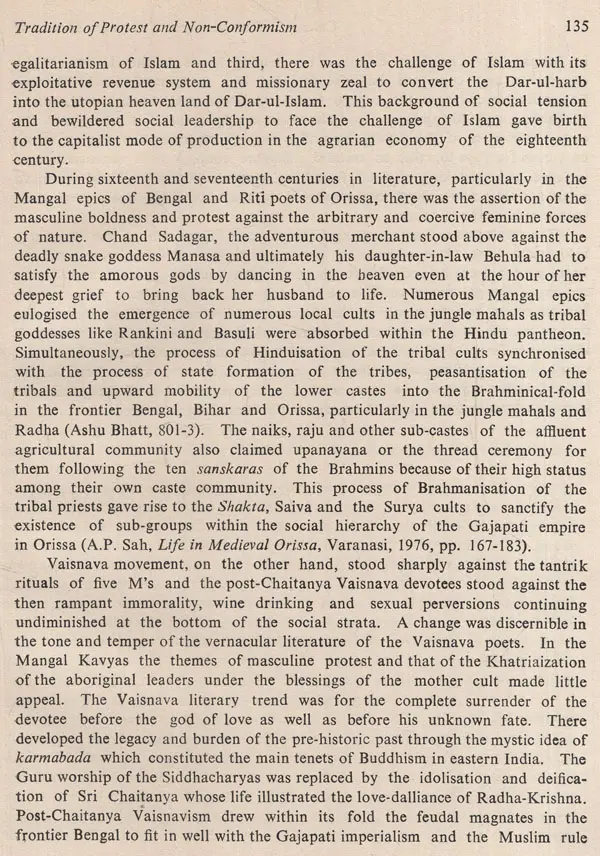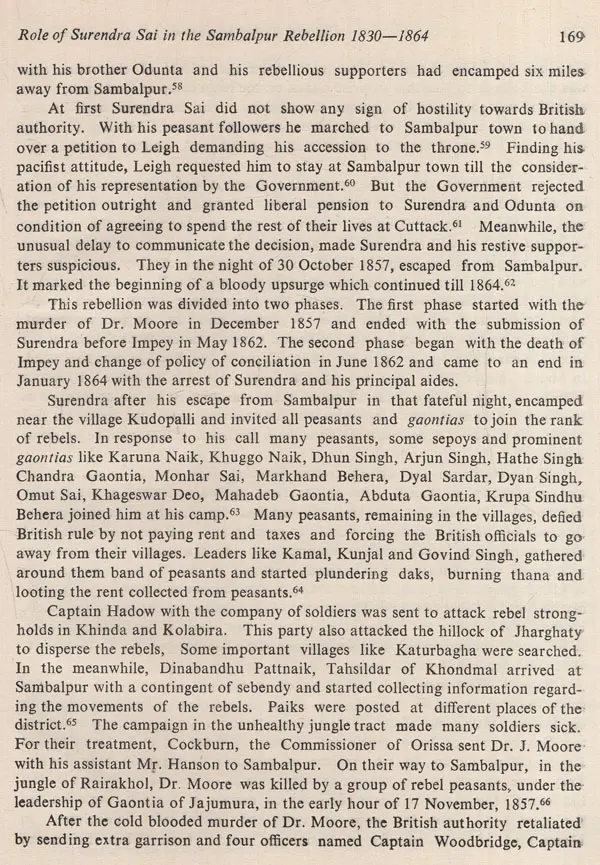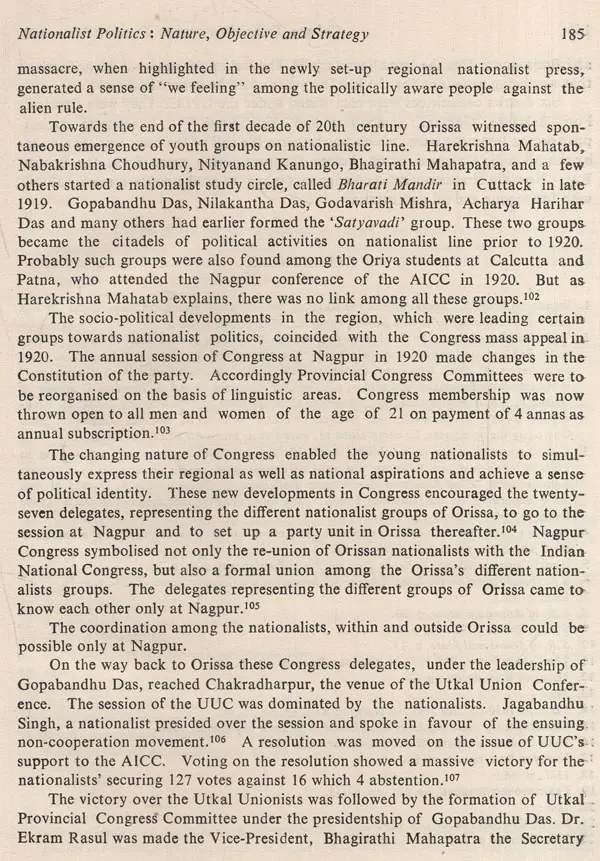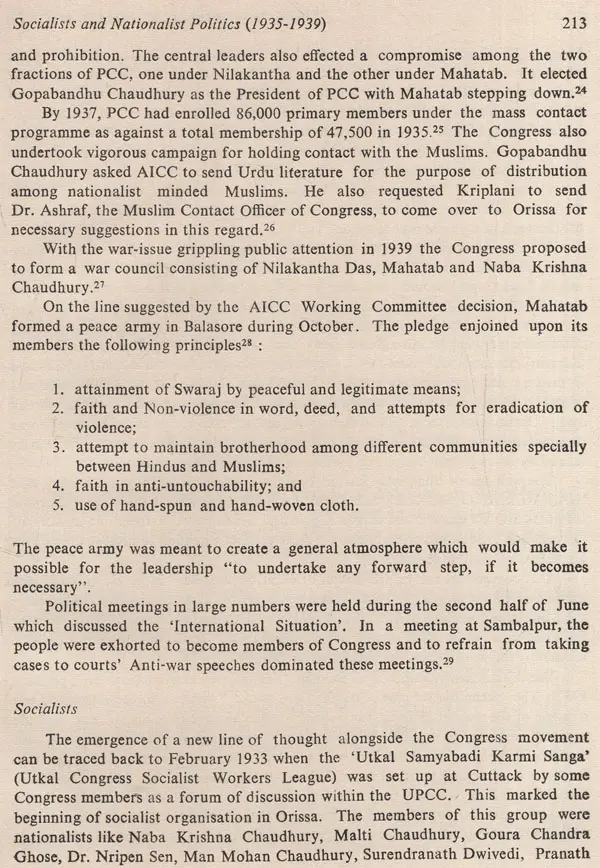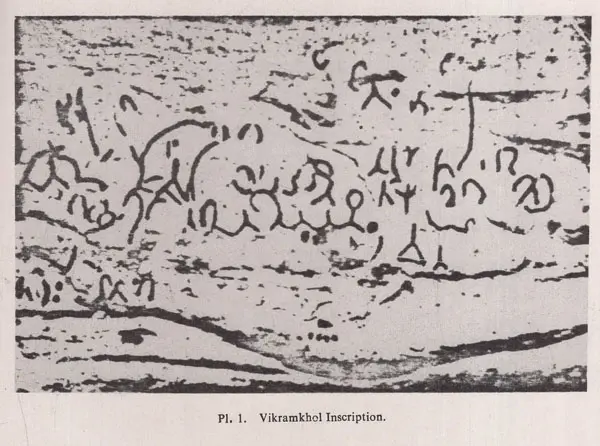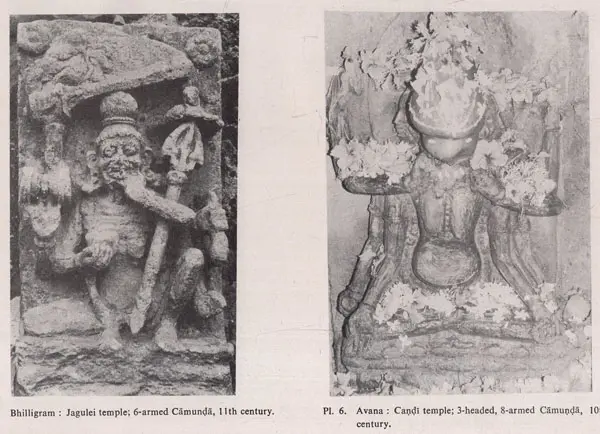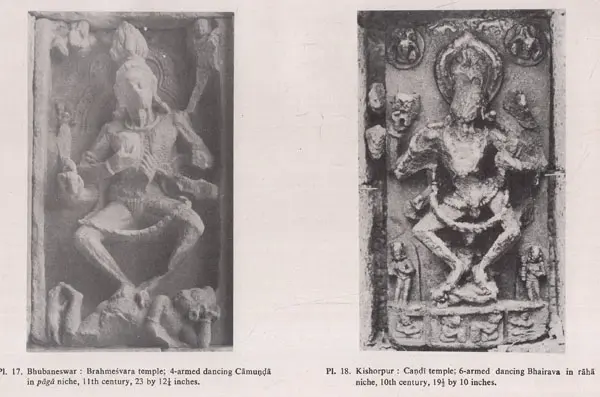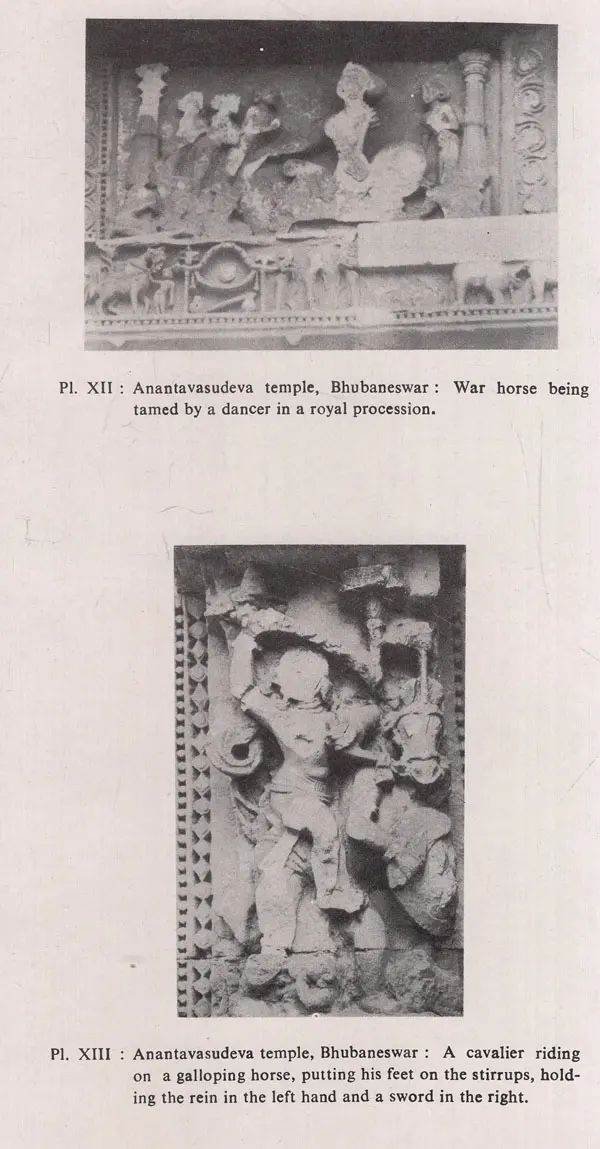
culture Tribal History and Freedom Movement (An Old & Rare Book)
Book Specification
| Item Code: | UAP848 |
| Author: | Dr. P. K. Mishra |
| Publisher: | Agam Kala Prakashan, Delhi |
| Language: | English |
| Edition: | 1989 |
| Pages: | 255 |
| Cover: | HARDCOVER |
| Other Details | 9.80 X 7.50 inch |
| Weight | 700 gm |
Book Description
Orissa has a large tribal population. A glimpse of tribal life, social tension under the Colonial administration and protest movements have been brought under focus for the first time in Section II based on sensational data collected from the Ganjam Records recently released by the State Archives.
In Section III some of the popular movements, both violent and non-violent, have been treated with deep insight and objectivity by a new group of scholars to prove Orissa's involvement in the struggle for freedom.
The book, on the whole, represents a landmark in Indian historiography.
The commemorative volume contains seventeen articles divided into three Sections. Section 1 begins with the Early History of Kosala' contributed by eminent Professor K.D. Bajpai, a distinguished archaeologist of our time. South Kosala was one of the three sub-regional kingdoms which formed a major constituent of ancient Orissa. The ruling dynasties of South Kosala, viz., the Sarabhapuriyas, the Panduvamsis and the Somavamsis played a pioneering role in spreading Aryan culture in the tribal dominated area. That South Kosala witnessed the growth of finer aspects of human civilisation is borne by the discovery of lithic cultures and pre-historic rock paintings in Kalahandi and Sundergarh districts. The inscription at Vikramkhol on account of similarities appears to be the precursor of the Brahmi script.
In the early medieval period, with the growth of regional kingdoms and the Mandala States in Orissa under the imperial hegemony of the Bhaumakaras, the social and political institutions assumed definite shape and purpose. Large number of copper plate grants which have been discovered bear testimony to a pre dominantly agrarian economy. The emergence of a feudal social order with land as the nucleus of economic life became imperative. In the absence of money economy land played the pivotal role in the socio-conomic life of the State and the people.
The temples of Orissa represent a special category in the Indo-Aryan group which has been appropriately called the Kalinga style of architecture. In the medieval period, ranging from the 9th century to the 13th century, numerous temples of various sizes and designs were constructed by the patrons of Saivism, Saktism and Vaisnavism. This rich and powerful tradition attained the culminating stage in 1250 AD. when the Konarka temple was completed by the master architects and sculptors of Orissa. A flourishing economy must have sustained the temple building enterprise of the royal patrons. A multi-dimensional study of the temples and their sculptures in a comprehensive manner is a long felt desideratum. The monumental works of Thomas Donaldson published recently under the title "Hindu Temples and Orissa', the 'Pleasure Garden of Kamadeva show the challenge before the scholars. Many new art historians like D.R. Das, S.K. Panda and K.K. Dasgupta, etc., have accepted this challenge to make indepth and extensive study on art and architecture. Their researches have opened up a new horizon in the study of Orissan culture.
Orissa has a substantial tribal population. In the evolution of Orissan culture these tribals have left their mark in course of time. We have included three articles in Section II dealing with tribal history and the impact of British rule on the tribals of Orissa. In recent years many promising scholars have taken care to do painstaking research on socio-political history of the tribals and their resistance against the alien rule. It is pertinent to refer to the works of Danda pani Behera, M. Sahu and D.M. Prabaraj in this context. In the articles of the present volume care has been taken to study the grave implications of social tension in the tribal life as a result of the introduction of money economy, new social values and the regimentation of British laws and regulations. Section III deals with people's movement in Orissa during 1827 to 1947.
**Contents and Sample Pages**
